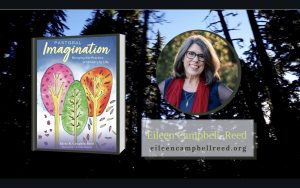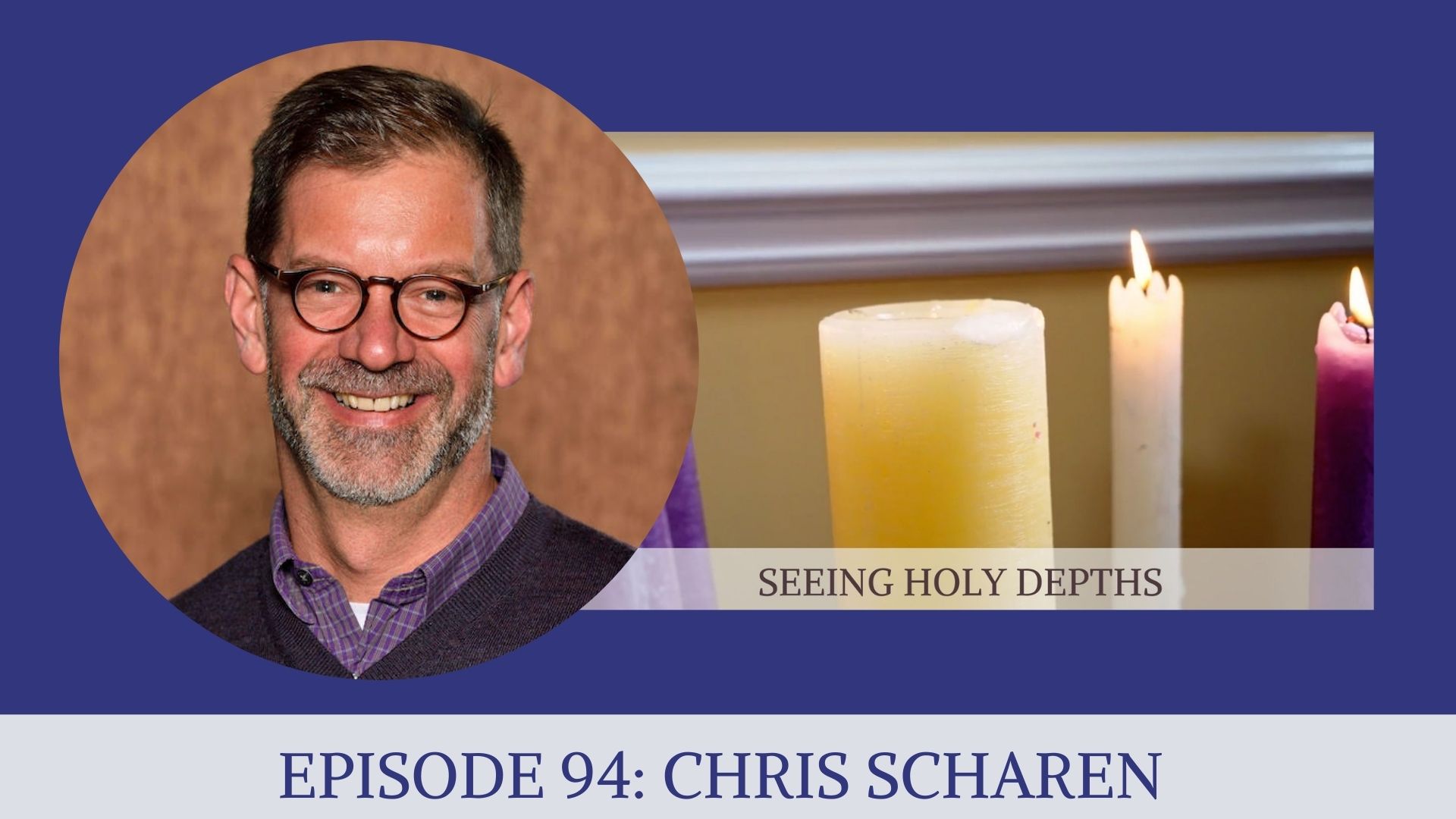In this second episode of Season Three of 3MMM, we are excited to hear from from guest author, Christian Scharen. He and I are co-directors of the Learning Pastoral Imagination Project. And we just learned in recent weeks that we received funding from the Louisville Institute for the 10-year round of interviews with ministers in our study. We are thrilled to continue the learning from ministers, pastors, activists, priests, and chaplains in our study!
Chris is also the pastor of St. Lydia’s Dinner Church in Brooklyn, New York. You can read his MLK weekend sermon. Chris is the author of numerous books, articles and reports, including co-authored of the study, Learning Pastoral Imagination A Five-Year Report On How New Ministers Learn in Practice.
In the five-year report and our first article, “Holy Cow! This Stuff is Real!” we write about Eve, a pastor with a lot of insight and a lot of heart. You can hear her story in this video. Really attending to the holy depths of ministry or any given moment, can be hard to learn. Yet without attention to the holy, pastoral imagination would be lifeless.
More on “Seeing Holy Depths” here: video | blog | podcast
Learning in Practice with Chris Scharen

To invite more insight into this week’s topic we asked Chris five questions about his ministry and life. With an economy of words, he gets right to the point in each one.
Chris gives us insight to the essence and urgency of paying attention to holy depths in the work of a pastor.
What questions do you live by?
How can people actually hear and take to heart the message that they are beloved? Ultimately, by God and as they are, without somehow doing something to deserve it?
What are my responsibilities as a white man, with so much privilege and opportunity, when so much hurt and harm are continually poured in the glasses of people of color to drink? And what does yielding mean, practically, ceeding space and power?
What questions do you wrestle with in your practice of ministry?
How can I continue to do my own work so that I show up with and for others where they are, letting the love of God find a presence in between us, rather than damaging the person by projecting my own shit onto them?
How does my leadership of the community as a whole help shape and care for each individual?
What did you hope the Learning Pastoral Imagination Project would help people learn or do?
I hoped it would help leaders not beat themselves up too much for the kinds of mistakes that are just a part of the stages of learning and growth, and to know and expect and lean into that growth over time. Never stop trying to learn, grow, and become who you can be in ministry.
How has your practice of ministry changed over time?
The most painful and humbling experiences in my life are the most powerful strengths in my ministry now. A teacher of mine who did disability theology said by faith we are strong in the broken places, and I think that is true in ministry, for sure. But it took a lot of work with a caring group of friends and a really good therapist to turn brokenness into a resource for caring — for myself and others.
What is on your must-read list right now?
Poetry: Natalie Diaz, Postcolonial Love Poem
Society: David Treuer, The Heartbeat of Wounded Knee
Theology: Nicola Slee, Fragments for Fractured Times: What Feminist Practical Theology Brings to the Table
Theological Education: Willie James Jennings, After Whiteness: An Education in Belonging.
++++++++++++
 Learn more about how seeing holy depths is a crucial aspect of pastoral imagination in Eileen’s forthcoming book, Pastoral Imagination: Bringing the Practice of Ministry to Life . Pre-orders are open now!
Learn more about how seeing holy depths is a crucial aspect of pastoral imagination in Eileen’s forthcoming book, Pastoral Imagination: Bringing the Practice of Ministry to Life . Pre-orders are open now!




